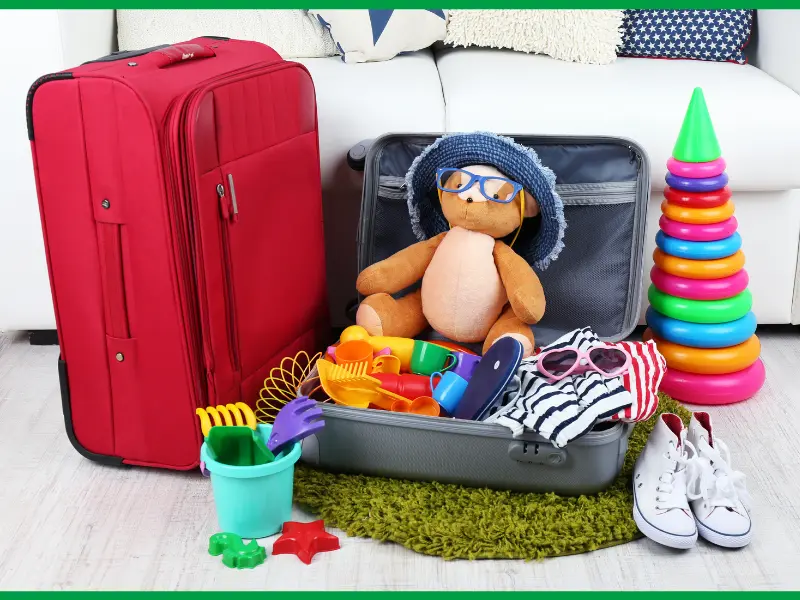Adjusting to school life
Date published
04 September 2024

Our children and young people may feel excited to see their friends but also anxious when wondering what the new school year holds. As a foster carer, dealing with these emotions can be tough. Here are some of our top tips to help support your foster child with the transition so that they can make the most out of the new academic year.
Make sure your child or young person has everything they need, from stationery supplies to PE kits. Having everything available and ready to go can help alleviate last minute stress or anxiety during busy mornings.
If your child or young person is in secondary school, or a school that requires them to move from classroom to classroom, make sure they are familiar with where they need to go for each of their lessons.
The majority of our children and young people benefit greatly from having routines, so aim to get back into structured meal times and a consistent sleep schedule, as well as ensuring that there is time regularly set aside for any additional studying and homework.
It can be really beneficial for our children and young people to set realistic goals. Short term goals could relate to achievements for the first couple of weeks of term and don’t necessarily have to revolve around school work. For example, a goal could be to join a club or make new friends. Longer term goals could be anything from achieving grades to improving their confidence in a certain area, but having something to work towards is often a great motivator.
Having a good school-life balance is key, so be sure to talk to your young person about any stress that may be arising from school work or social dynamics and together you can make a plan on how to best combat this and move forward.
One of the many roles of a foster carer is to support our children and young people in all aspects of their life. One way you can help to ensure your foster child feels supported in school is by asking questions about school and letting them tell you about their relationships with their teachers, teaching assistants, and peers.
Remind your young person to maintain a positive attitude even when things get tough. It’s important for them to remember that it’s ok to make mistakes and learn from them, mistakes are what make us human.
Fostering insights
04 September 2024

The internet offers a wealth of opportunities, from games, and socialising with friends to being a vital tool for education. As amazing as it can be, it’s also important to understand the risks it can bring, including cyber bullying, online scams, accessing inappropriate content, and online predators.

It’s easy to talk about the best times of fostering, the laughter, the fun, the love, the breakthroughs, even the tiny ones that we go over the top to celebrate in the hope they keep coming. However, the downside of this is the heartbreak of a placement finishing even if it’s been a really good placement with a great outcome. We grieve.

We are often asked if foster children can be taken on family holidays with their foster carers. The short answer to this is yes. Taking a foster child on holiday can be a rewarding and enriching experience for everyone involved.
Get in touch today for a casual, friendly chat with our experienced foster advisors.
Contact us
